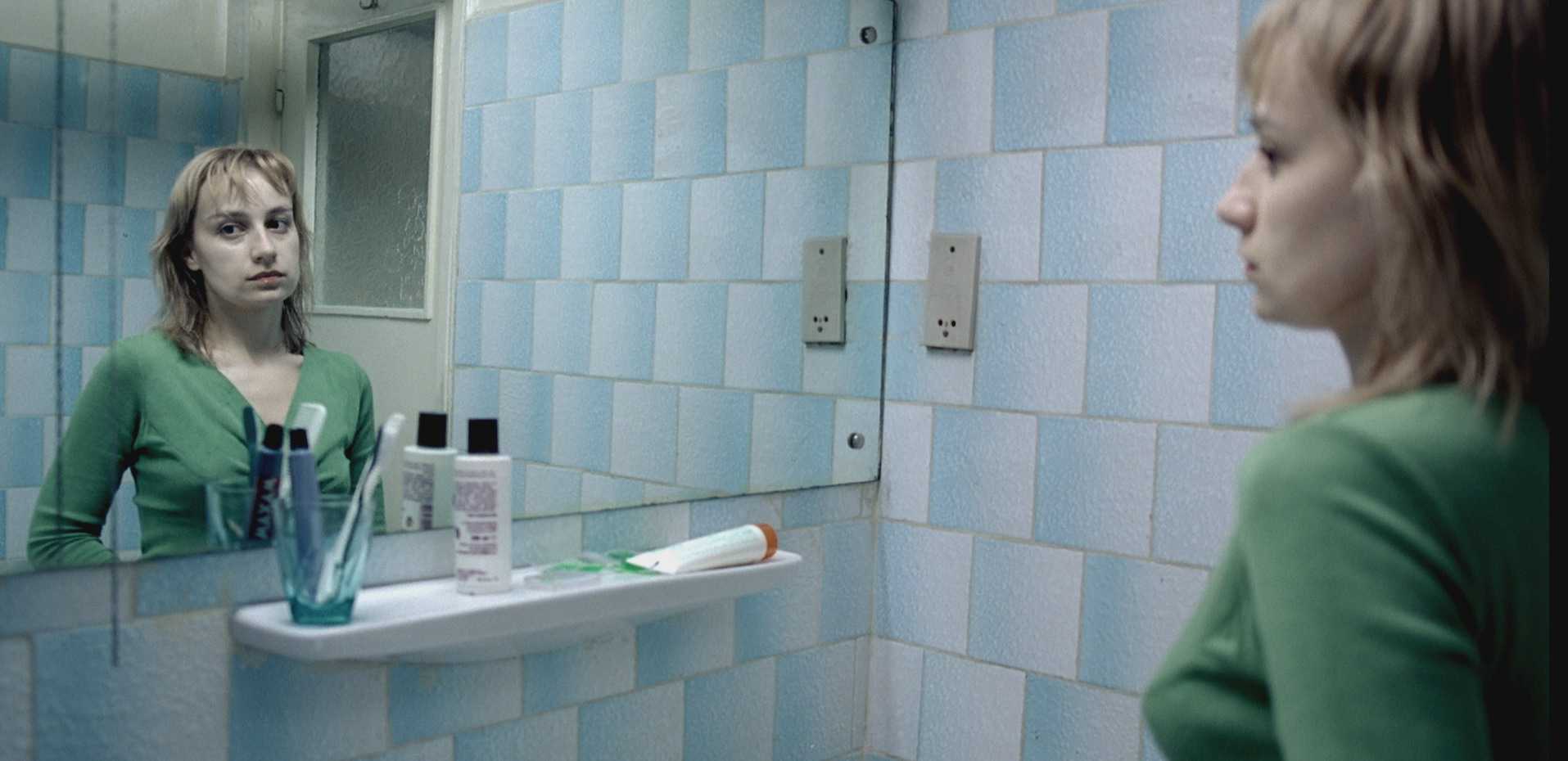
Often overlooked, when we talk about Romanian cinema, we talk about a very underrated part of international cinema. Even if some Romanian films achieved international recognition, they were not enough to make the audiences truly interested in finding more about other works from these Romanian directors, because those praised films most often show a very dark country. They either talk and critique the Communist era or the actual political system and society.
With such films, it is easy to see why people are not so eager to see more. And that’s because those subjects are not very general. It is very hard for the international audiences to empathize with problems and characters in these films. Luckily, not all Romanian films are like that, but in these times, when especially grim social stories are the trend in Romania, it is often quite hard to find them.
So that is the main purpose of this list, to shed light especially on the forgotten or ignored masterpieces of the Romanian cinema. And by doing that, maybe more people will find about and enjoy these little gems of cinematographic art.
20. The Way I Spent the End of the World (2006)
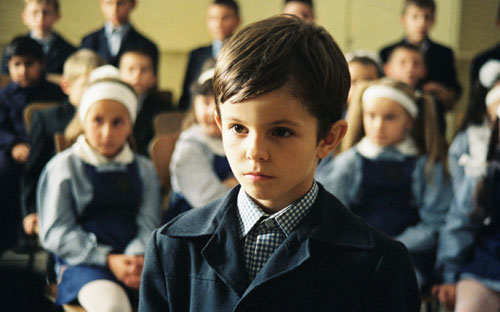
Catalin Mitulescu’s film tells the story of two children, Lalalilu (Timotei Duma) and his sister Eva (Dorotheea Petre). Their lives take an unexpected turn when the girl and her boyfriend accidentally break a bust of Communist leader Nicolae Ceausescu that was in their school. They are caught, but unlike Alexandru, Eva refuses to humiliate herself and admit the false mistake, so she is expelled from school.
After this, she breaks up with Alexandru and gets together with another boy named Andrei (Cristian Vararu); she wants to leave the country by swimming across the Danube River. All of this is witnessed by her little brother, who loves her deeply and who will have to make a very important decision.
Another one of the many presentations of the life under the communist regime in Romania, Mitulescu’s film can be quite hard to follow for a non-Romanian, but that doesn’t make it any less appealing.
“The Way I Spent the End of the World” is like a magic mirror that shows, with impressive accuracy, a time and a world that indeed ended. For many Romanians, this film is like a nostalgic trip through some forgotten places. Dark moments, simple childhoods, young love, burning dreams, and some kind of happiness are emerging from Mitulescu’s depiction of the last year of the communist regime.
19. 4 Months, 3 Weeks and 2 Days (2007)
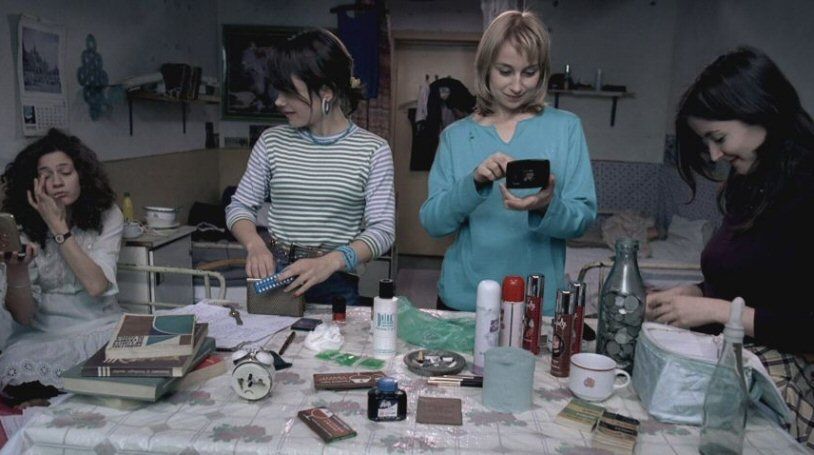
If you want to talk about the best Romanian films ever made, then Cristian Mungiu’s Palme d’Or winning drama is a title that can’t be avoided.
“4 Months, 3 Weeks and 2 Days” might be the most well-known Romanian film to international audiences. Here, the action takes place in the last years of the communist regime, when Otilia (Anamaria Marinca), helped by her best friend Găbița (Laura Vasiliu), is trying to have an abortion. This situation might not seem so problematic now, but back then the abortion was still illegal, so the two girls have to undergo many hardships to succeed.
Like Cristi Puiu did in “The Death of Mr. Lazarescu”, Mungiu depicts a hard-to-swallow reality. “4 Months, 3 Weeks and 2 Days” is a dark and dreary drama with a very slow pace and little dialogue.
However, contrary to our expectations, our attention is mostly directed toward the friendship between the two girls, which might be the only thing that shines in the gray world Mungiu imagined here. This alone is a reason to watch this much-praised Romanian drama.
18. Aferim! (2015)
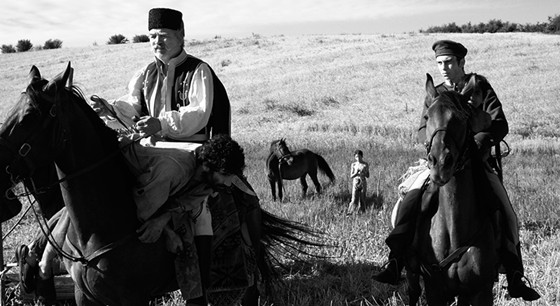
Leaving aside the Romanian New Wave for awhile, here we have Radu Jude’s most recent film, “Aferim!”. This film leaves behind modern Romania and goes back to 19th century Wallachia. There, we see two riders, Costandin (Teo Corban) and his son Ionita (Mihai Comanoiu), searching for a gypsy slave (Toma Cuzin) who has run away from the house of a nobleman after having an affair with the noble’s wife.
In a time dominated by realistic dramas, Jude’s film is a very ambitious attempt to change the game a bit. Shot in absolutely beautiful black-and-white 35-millimeter widescreen, “Aferim!” feels like a window to another time. Yes, its bittersweet humor is a delight to watch, but the melancholy of the reality of that time is what will stay with you after seeing this.
17. Beyond the Hills (2012)
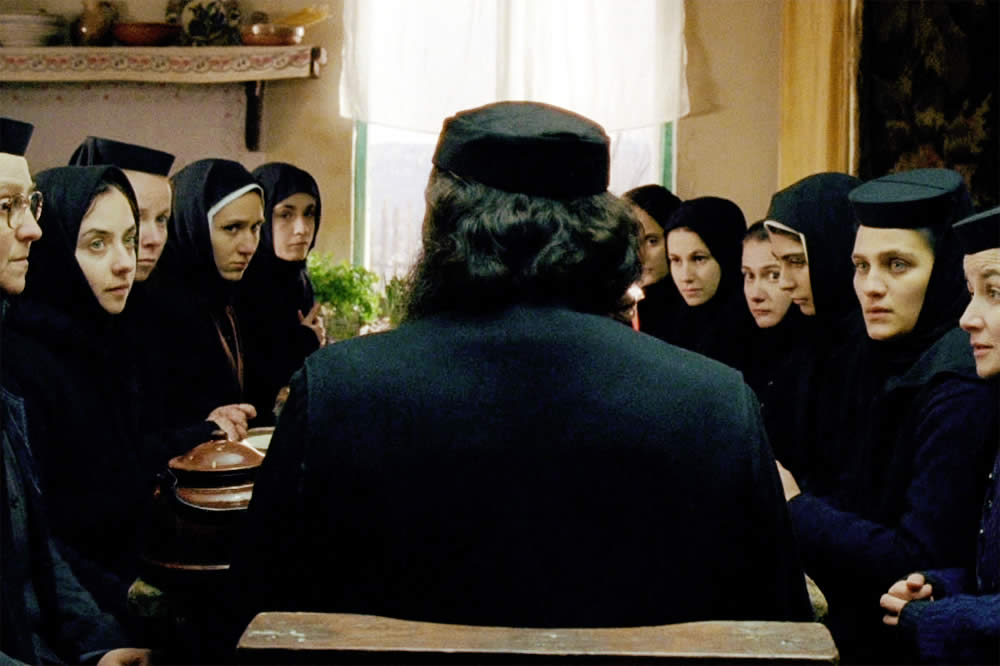
Returning to Mungiu, we have another film inspired by a true story. Here we have two girls, Voichița (Cosmina Stratan) and Alina (Cristina Flutur), who are very good friends. After not seeing each other for a time, they meet at a train station when Alina arrives in the country.
The conflict arises when Alina wants to take her friend abroad with her, but Voichița, who now is a nun, strongly refuses. So Alina decides to stay with her at the monastery, despite her obvious indifferent attitude towards religion.
As time passes by, Alina’s mental health takes a turn for the worse and she has a nervous breakdown. However, the situation only gets more strange and complicated when her symptoms are mistaken by the other nuns as a demonic possession.
This might be considered a real case of a Romanian exorcism gone very wrong. Yet, fortunately or not, Mungiu is not interested in the sensational aspects of the story.
Again, it is not about the entertainment value of the subject, but the harsh reality it depicts. It is a very good film about the negative effects of too much religion, and about the lack of knowledge of the people from the monastery whose minds are blinded by their mindless beliefs.
16. Child’s Pose (2013)

Călin Peter Netzer’s film is one of the best titles you can see from the Romanian New Wave. The story is apparently simple; Barbu (Bogdan Dumitrache) is driving dangerously fast and hits a child, who is killed in the crash.
The man is facing three to fifteen years in prison and the only person who really wants to “save” him seems to be his overprotective mother Cornelia (Luminița Gheorghiu). That deeply unhealthy relationship between mother and son will be the core of Netzer’s film.
Like many other films from the New Wave, aside from showing a corrupt society where money and the right relations can solve any problem, “Child’s Pose” is an analysis of human behavior done with a great skill by Netzer.
His film is filled with a beautiful contradiction between the action-orientated and worried mother and her inability to react, and the almost indifference of her son regarding such a delicate situation. Nezer shows us clearly how often “the road to hell is paved with good intentions.”
15. Tuesday, After Christmas (2010)
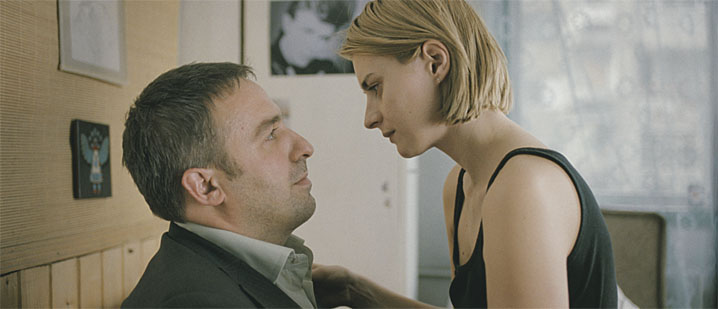
Radu Muntean’s work can be considered a lesser-known title for wider audiences. Yet it might be one of the best Romanian films of the 21st century. Paul (Mimi Brănescu) and Adriana (Mirela Oprișor) Hanganu have been married for 10 years, and like many other married couples, their life is sinking into a state of perpetual boredom.
It comes as no surprise when Paul starts having an affair with the younger and more attractive Raluca (Maria Popistașu). She is their daughter’s dentist, so one day while Paul and his daughter are at her cabinet, Adriana suddenly comes by. Soon Paul will have to make a choice that can drastically change the lives of the people he cares about.
A constant problem of Romanian cinema is the universality of the subjects presented in films. Most of the stories are only relevant for Romanians, yet for other audiences, they feel remote and irrelevant. However, that’s not the case with Muntean’s film and that is the reason this film is so good. Anyone can relate to the problems shown in “Tuesday, After Christmas”.
The top-notch acting makes the characters feel very real. It’s like you have already seen them somewhere else, because their flaws so easily resemble the ones we all have in real life.